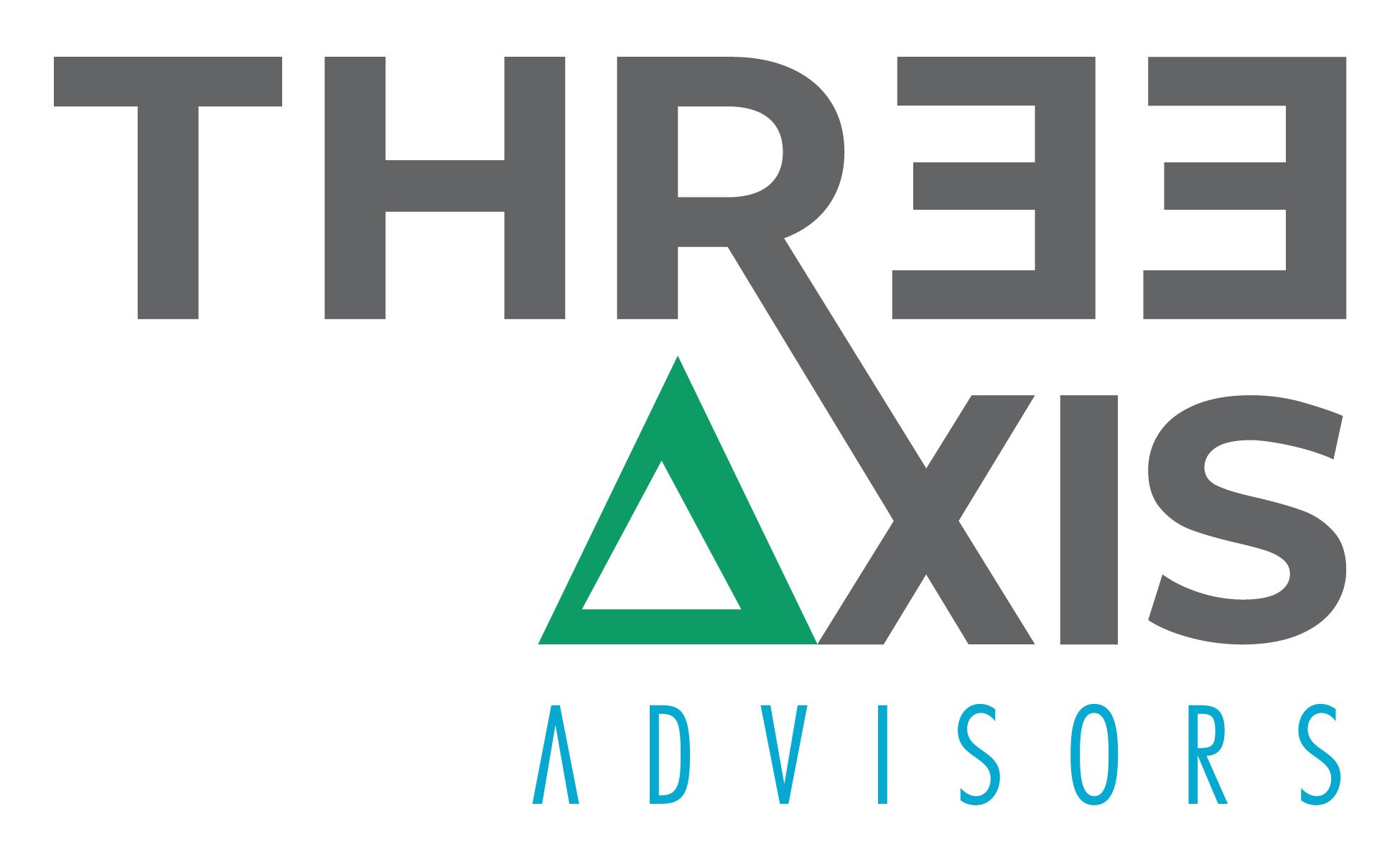Analysis of PBM spread pricing in Michigan Medicaid managed care
3 Axis Advisors estimates that Michigan Medicaid managed care manages at least $250 million a year in generic drug spending. Michigan’s Managed Care Organizations (MCOs) contract with Pharmacy Benefit Managers (PBMs) to collectively manage these funds. Recently, Ohio and Kentucky have found that the nature of these contracts between MCOs and PBMs result in a dynamic called “spread pricing,” in which the PBM “buys” a drug at a low cost from a pharmacy and “sells” the same drug at some higher cost to the MCO.
This project was commissioned by the Michigan Pharmacists Association (MPA) to assess the degree of generic drug spread pricing within Michigan’s Medicaid managed care program.
This study utilizes the most extensive sample of data we have collected to assess discrepancies between a state’s costs and its provider’s reimbursements. Working with SRS Pharmacy Systems, we collected de-identified, delocalized data from 451 community pharmacies across Michigan. Our sample represents nearly 20% of the 2,356 retail/community pharmacies in Michigan based on overall pharmacy counts presented in the 2017 National Community Pharmacists Association (NCPA) Digest. Ultimately, our spread pricing analysis is based on nearly two million prescriptions dispensed for oral solid generic drugs by Michigan pharmacies to Michigan Medicaid managed care beneficiaries between Q1 2016 and Q1 2018.
The key findings of this study related to spread pricing are:
Weighted average oral solid generic drug costs in Michigan Medicaid managed care increased by 7% between Q1 2016 and Q1 2018, despite a (22%) decline in National Average Drug Acquisition Cost (NADAC) ingredient costs and a (28%) decline in pharmacy reimbursements
Spread margin on oral solid generic drugs rose from only 2% of managed care’s cost in Q1 2016 to 34% of managed care’s cost in Q1 2018
On an annual basis, spread margin on oral solid generic drugs rose from 6% of managed care’s cost in 2016 to 29% of managed care’s cost in 2017
Pharmacy margin over NADAC decreased (50%) while spread margin increased 389%
By Q1 2018, pharmacies were reimbursed on average only $0.49 above NADAC for oral solid generic prescriptions dispensed within Michigan Medicaid managed care
This equates to only 5% of Michigan’s survey-based $10.64 per prescription cost to dispense for pharmacies
When compared to national-average managed care unit costs for behavioral health medications, Michigan saved over $20 million between Q2 2017 and Q1 2018 by carving out behavioral health medications to fee-for-service
In answering our requestors’ research question on the degree of spread pricing in Michigan’s Medicaid managed care program, we used this opportunity to explain the plausible cause: the linkage of the state’s generic drug costs to a static, uncompetitively set benchmark price called Average Wholesale Price (AWP). Within this study, we provide evidence that AWPs for generic drugs:
Are set in a non-transparent, non-market-based manner
Do not capture market-driven cost deflation
Are experiencing upward (not downward) pressure over time
To eliminate the pricing distortions caused by the current model, we recommend that Michigan implement a transparent, full pass-through model within Medicaid managed care that is based on actual acquisition cost, plus a dispensing fee set by the state at a level that will ensure patient access and promote effective pharmacy competition. If the state opts instead to stay with the current model, we provide a series of recommendations to better align the state’s incentives with those of its contracted MCOs.
We hope that this study results in needed dialogue among state officials and lawmakers to begin fixing the inherent design flaws within its managed care program that are preventing the supply chain from delivering reliable long-term reduction in healthcare costs.
MEDIA
Report: Pharmaceutical middlemen profiting unfairly
DBusiness Magazine, 5/2/19
Could Michigan's high drug prices flow south to Ohio?
Columbus Dispatch, 4/29/19
Pharmacists: Benefit managers taking too big a cut of payments
Crain’s Detroit Business, 4/29/19

